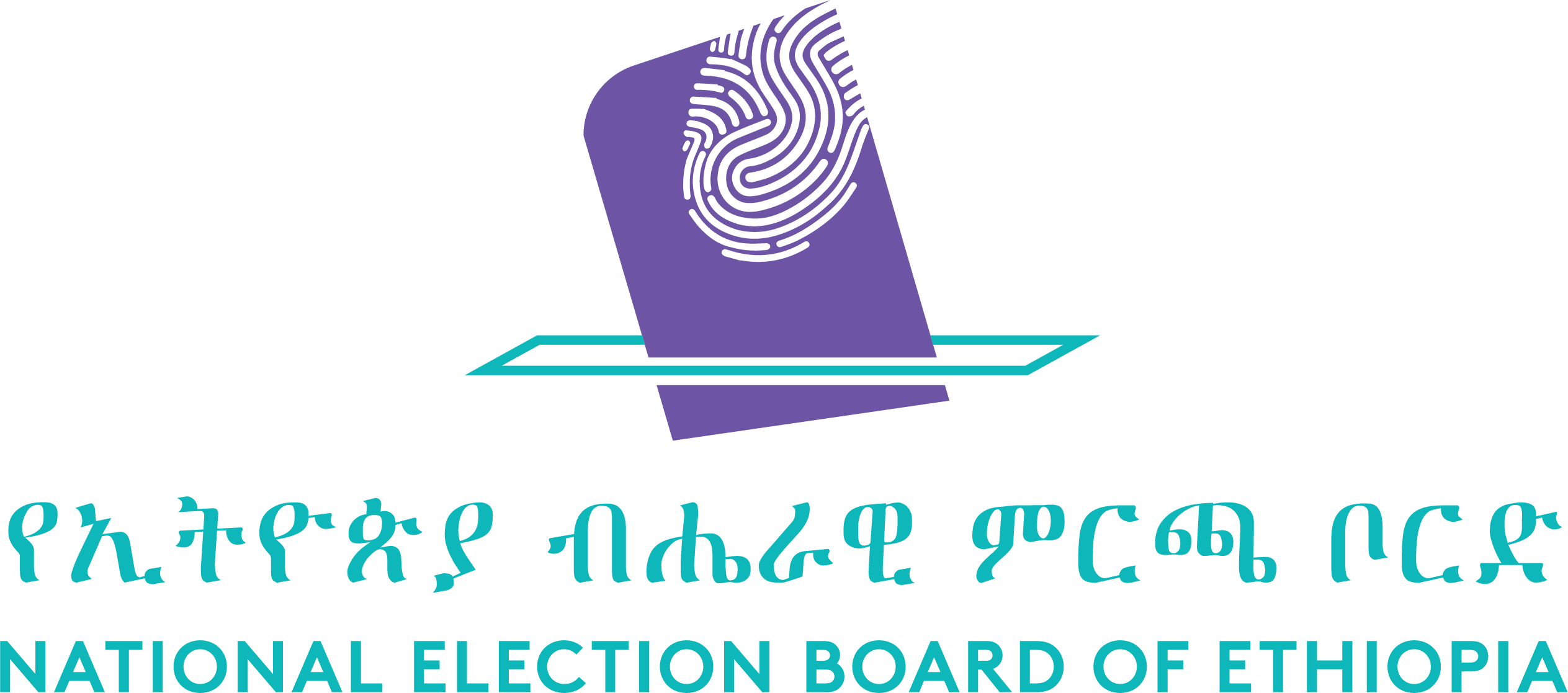Information about the Silence period
The Period of Silence is the time in the pre-election cycle and includes the four days before the election, according to the Ethiopian Electoral Cycle Guidelines. There are some responsibilities that stakeholders like political parties and media institutions need to consider during this Period of Silence.
Political Parties
